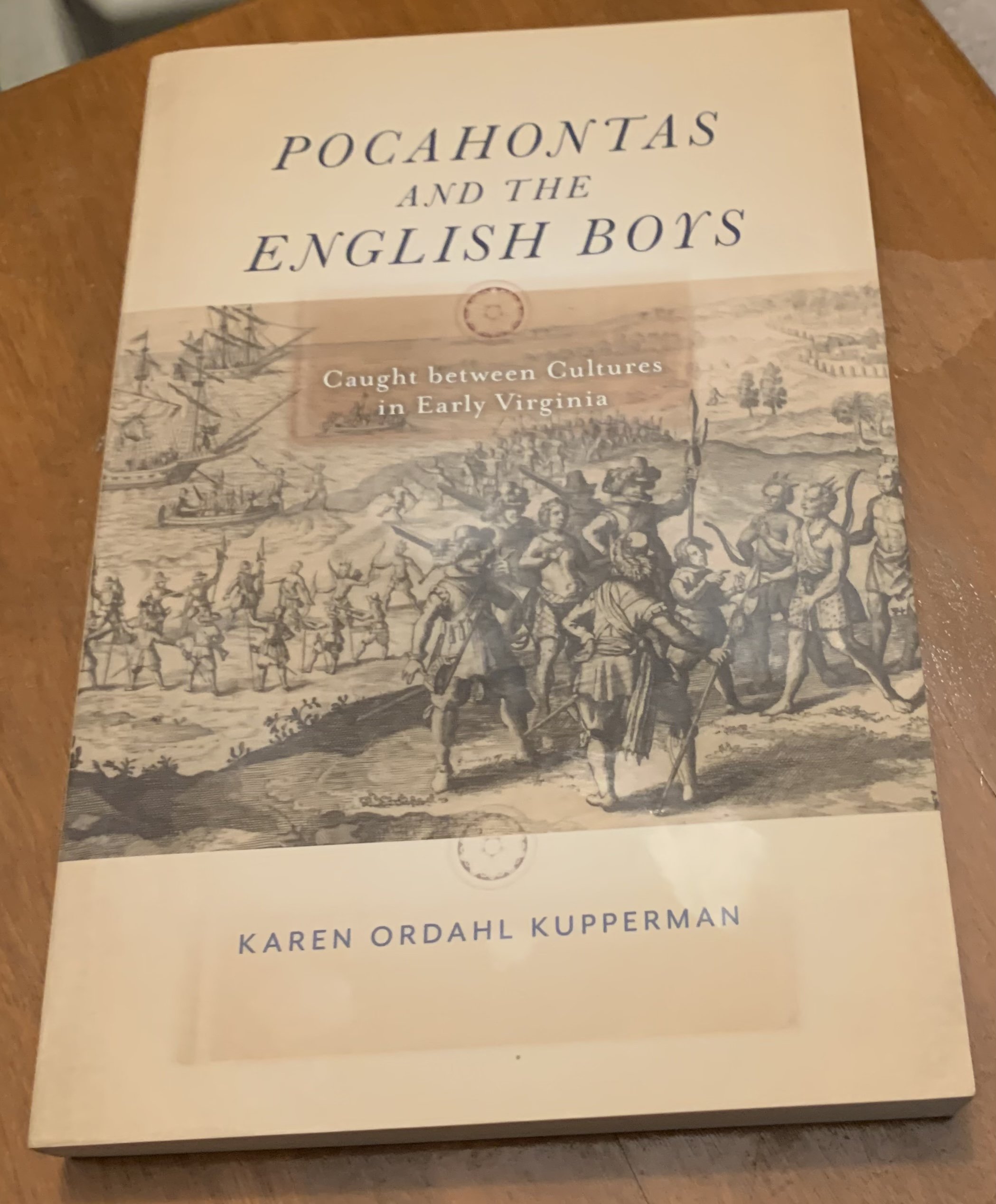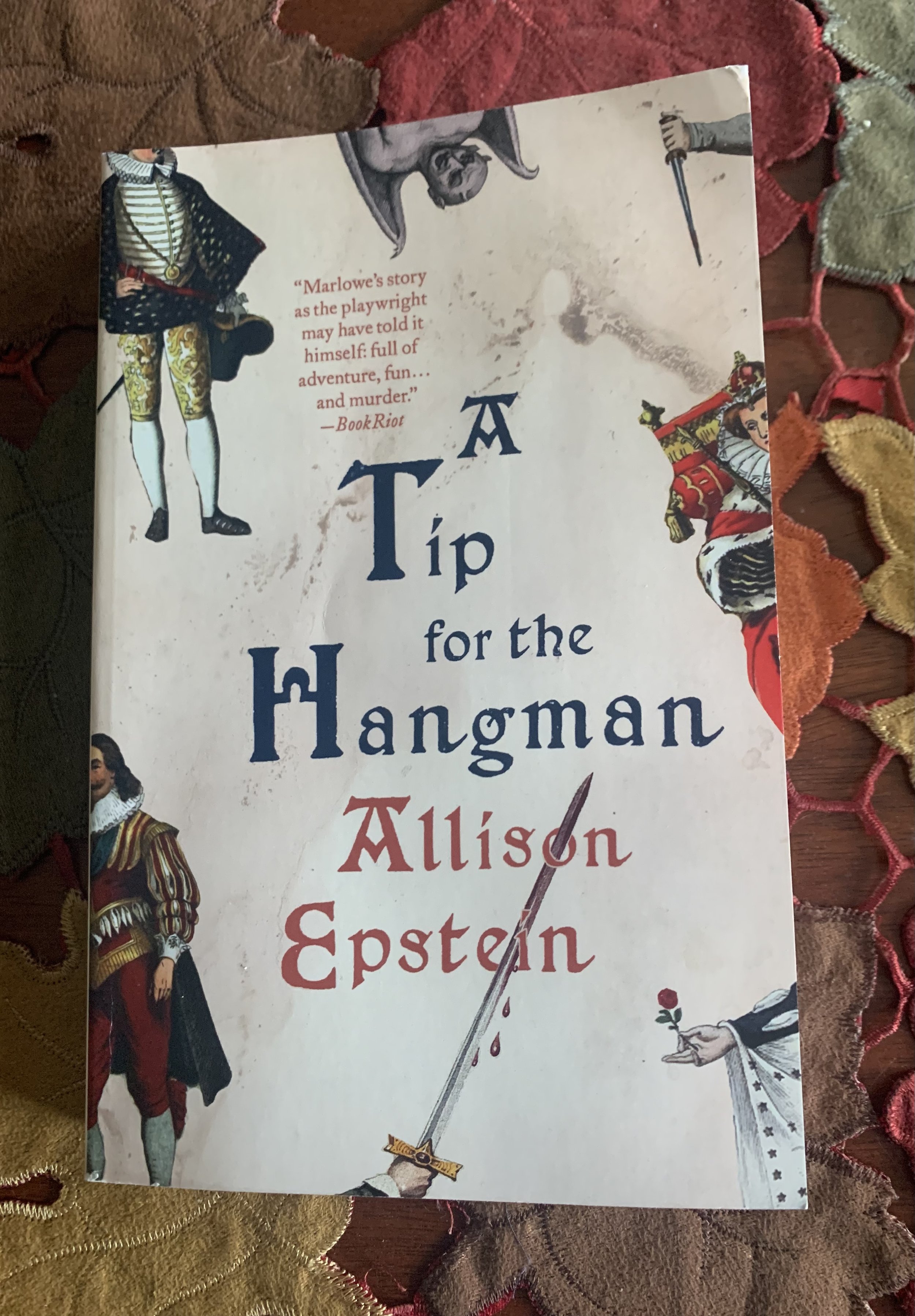The best book I read this month was another work of history: The Year of Lear by James Shapiro. The book recounts events in Great Britain during the year that Shakespeare wrote King Lear, Macbeth, and Antony and Cleopatra, and like its predecessor (A Year in the Life of William Shakespeare), it was a fascinating read.
It took me nearly the whole month to read The Year of Lear, even though it has fewer than 300 pages. That’s because every chapter is chock full of interesting details, and I didn’t want to miss any of them.
Not much is known about Shakespeare’s life at this time, so much of the book describes what was going on around him and how those events appear to be reflected in the plays he wrote in 1606. Shapiro points out connections that I hadn’t seen before. For example, I know about the Gunpowder Plot (“Remember, remember, the 5th of November!”) and I know Shakespeare was alive at the time, but until this book, that connection wasn’t real to me. But it was real. In fact, some of Shakespeare’s family back in Stratford risked their lives in defying some of the anti-Catholic measures that followed the failed plot and assassination attempt. Whether Shakespeare himself did too remains unknown.
Macbeth is my favorite of Shakespeare’s plays, so of course I was most interested in the forces that shaped it. I already knew that Banquo was an homage to King James (who claimed to be Banquo’s descendant), but I was fascinated to learn about other influences, some of which shaped the weird sisters and others that shaped the dialogue. The whole idea of equivocation in the play comes from real-life political debate at the time.
I could go on and on, but if I did, you’d have no reason to read the book yourself—which you should, especially if you’re a fan of Shakespeare or any kind of Anglophile. And while you’re at it, pick up a copy of Shapiro’s “prequel”—A Year in the Life of William Shakespeare—too.




